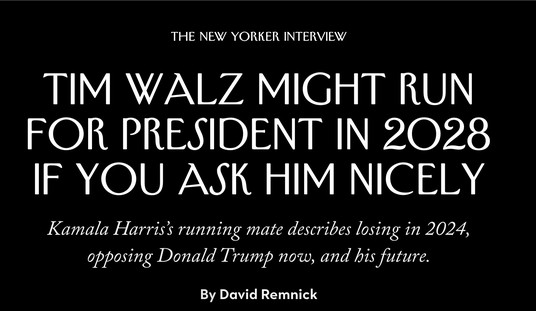The overall vote in the US wasn’t the only one last night that was oddly contradictory, with voters wanting change but re-electing the status quo. In Puerto Rico, a non-binding referendum on the future of the US territory found statehood the popular choice — but the candidate who backed statehood lost his re-election bid as governor. Luis Fortuno, who has been a star on the conservative-convention circuit and even got some attention as a possible VP candidate, conceded defeat this morning:
Puerto Rico’s governor is conceding defeat in a close election in the U.S. island territory.
Gov. Luis Fortuno said a few thousand outstanding ballots would not be enough to close the gap with his main challenger, Alejandro Garcia Padilla. The margin was less than 1 percent.
Garcia Padilla’s party backs the status quo of semi-autonomy as a territory. Puerto Ricans rejected that option by a wider margin than the gubernatorial election, though:
A slim majority of Puerto Ricans sought to change their ties with the United States and become the 51st U.S. state in a non-binding referendum that would require final approval from Congress.
The two-part referendum asked whether the island wanted to change its 114-year relationship with the United States. Nearly 54 percent, or 922,374 people, sought to change it, while 46 percent, or 786,749 people, favored the status quo. Ninety-six percent of 1,643 precincts were reporting as of early Wednesday.
The second question asked voters to choose from three options, with statehood by far the favorite, garnering 61 percent. Sovereign free association, which would have allowed for more autonomy, received 33 percent, while independence got 5 percent.
This referendum carries no legal weight, but it does have political implications at home and in Washington. An eight-point victory for statehood isn’t exactly “narrow,” as ABC News describes it; it’s a fairly strong statement of some consensus, especially paired with the 61% who chose statehood from three options, including independence, which finished last. After having made that statement, Puerto Ricans will understandably expect some action to result from it, which drops the issue into the lap of the next Congress.
What will the divided 113th Congress do with it? It will be one more of a series of big questions facing Washington next year, and frankly, I’m not sure they’ll do anything at all with it. The next session will probably have to focus exclusively on reforms of immigration, budgetary, and entitlement reform. Republicans might have had more interest with Fortuno still in office. Garcia Padilla doesn’t appear to be the kind of advocate to push Congress to prioritize this issue, which means that Puerto Rico probably will end up frustrated and their desire to join the Union ignored.
If that goes on for too long, the rankings of that second question may change over time, and we may find ourselves in the uncomfortable position of debating whether to recognize Puerto Rico’s independence.








Join the conversation as a VIP Member